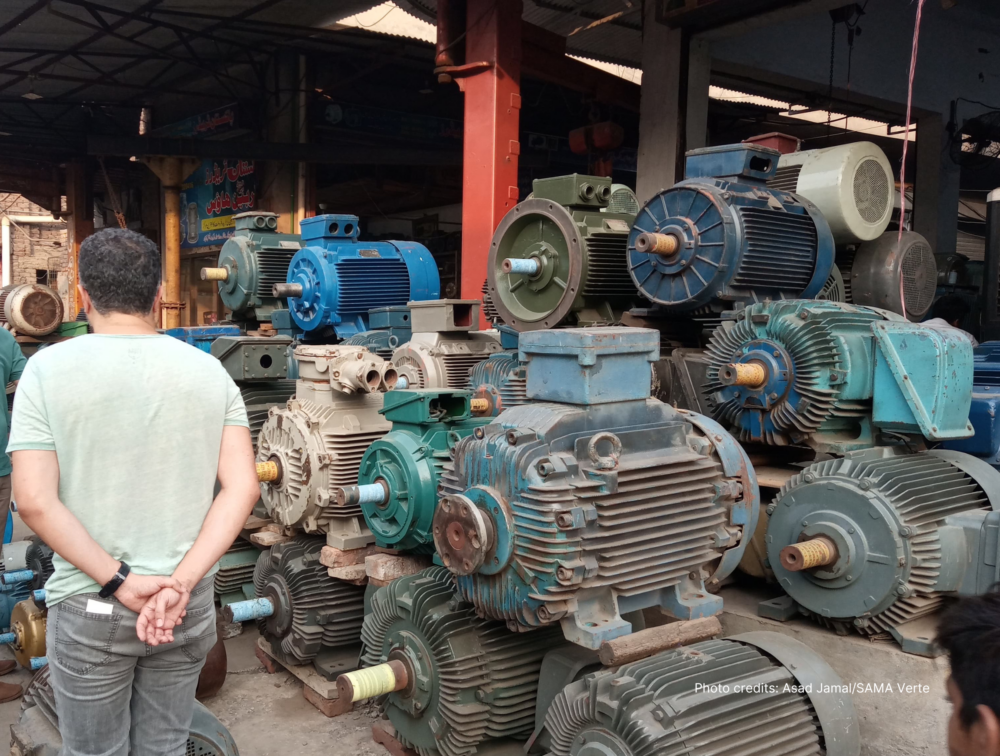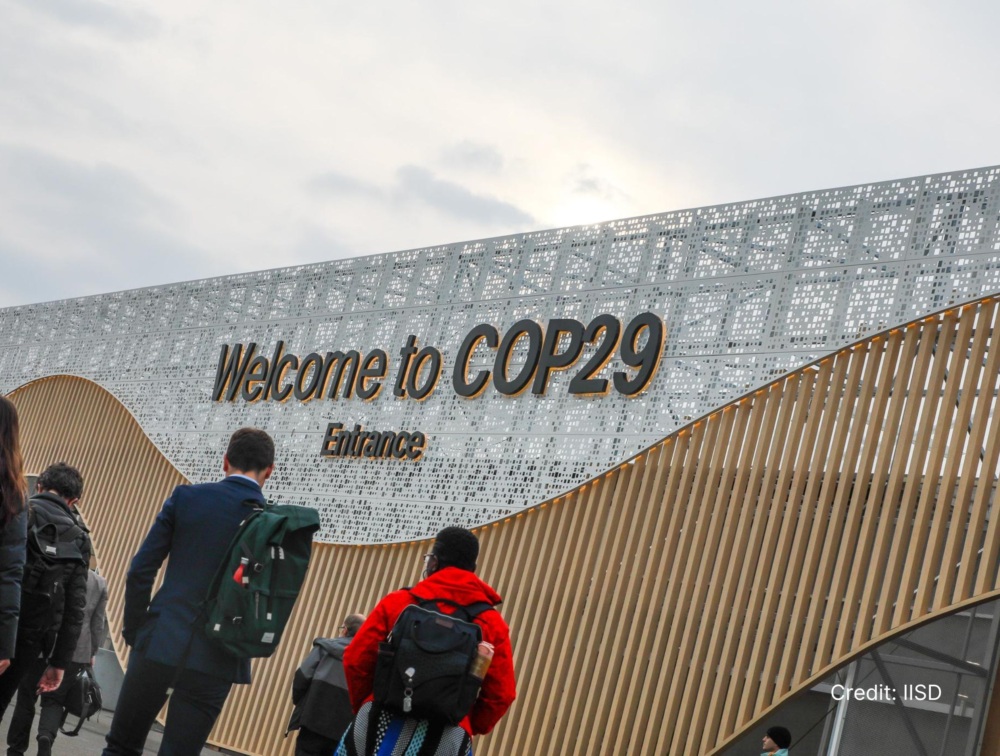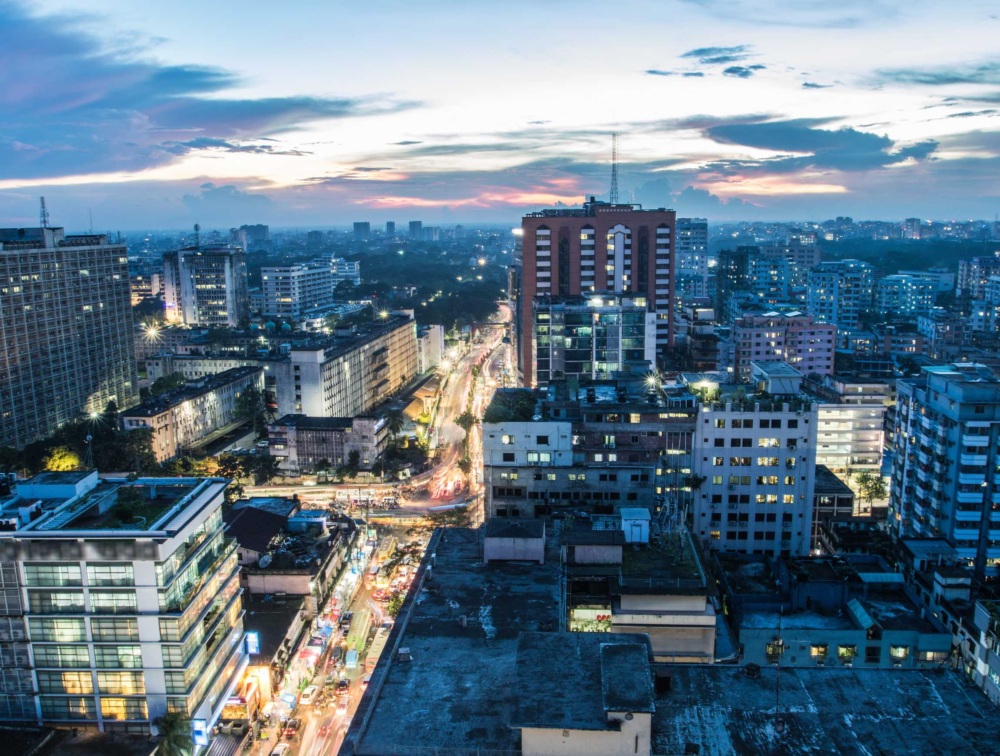Accelerating Sustainable Cooling in Kenya
CLASP is supporting government agencies and cooling stakeholders in Kenya as they develop a National Cooling Action Plan (NCAP), a comprehensive guide to the provision of access to sustainable cooling for all Kenyans. In August, the CLASP team hosted the first NCAP technical working group in Nairobi to establish the objectives and actions to be included in the Plan.
Kenya, the largest and most advanced economy in East Africa, is facing rising concerns over climate change. The government has announced the Big Four Agenda, as part of Kenya Vision 2030, an ambitious development plan which aims to mitigate the effects of climate change through food security, affordable housing, growth in manufacturing, and affordable healthcare for all.
Kenya has committed to reducing greenhouse gases (GHG) emissions by 30%, or 142 MT CO₂, by 2030. Providing cooling services poses a challenge to this ambitious goal. Cooling equipment contributes to GHG emissions both directly and indirectly. Direct emissions come from the production and consumption of hydroflourocarbons (HFCs) and hydrochlorofluorocarbons (HCFCs), potent GHGs and ozone depleting substances used in refrigeration and air conditioning. Indirect emissions resulting from the electricity used to power appliances are projected to be higher than direct emissions.
CLASP is supporting government agencies and cooling stakeholders in Kenya as they develop a National Cooling Action Plan (NCAP), a comprehensive guide to the provision of access to sustainable cooling for all Kenyans. In August, the CLASP team hosted the first NCAP technical working group in Nairobi to establish the objectives and actions to be included in the Plan. The primary objectives of the National Cooling Action Plan include:
1) Increase the performance and efficiency of energy-consuming cooling appliances
2) Transition the cooling sector to refrigerants with low environmental impact
3) Increase access to energy efficient cooling solutions with low environmental impact
4) Increase access to agricultural cold chains
The technical working group included representatives from Frigoglass, the Kenyan Industrial Research and Development Institute (KIRDI), GiZ Green Cooling Initiative, Ministry of Environment and Forestry, Energy and Petroleum Regulatory Authority (EPRA), Kenya Power and Lighting Company (KPLC), Ministry of Agriculture, Kenya Association of Manufacturers (KAM), Ministry of Energy, Kenya Bureau of Standards (KEBS), and Energy Advisory.
Participants discussed the impact of sustainable cooling from diverse economic, agricultural, environmental, and social perspectives. Manufacturers provided context to the phase out environmentally harmful refrigerants in favor of natural refrigerants that have little to no environmental impact. Energy-access stakeholders discussed the need to consider off-grid refrigerators in order to achieve cooling for all. Agriculture experts pointed to the need for sustainable cold chains to manage the temperature of perishable products in Kenya, where up to 50% of produce is lost due to unreliable and inadequate cold chain. The conversations provided critical context for Kenya-specific cooling challenges and opportunities.
Over the past year, China, India, and Rwanda have introduced and begun implementation of National Cooling Action Plans. While each plan is adapted to the particular country needs, all NCAPs focus on improving energy efficiency and increasing demand for green and efficient cooling products. National Cooling Action Plans positively benefit a country through increased cost savings from enhanced energy-efficiency for businesses and consumers; reduced carbon emissions from stronger, more sustainable energy systems and cleaner air; and a reduction in food waste, improved health, and increased productivity through improved access to cooling.
CLASP, under the Kigali Cooling Efficiency Program, will continue to support sustainable cooling efforts in Kenya and ECOWAS through consumer awareness campaigns, product registration and policy development.









